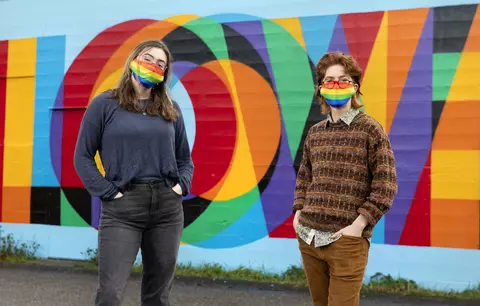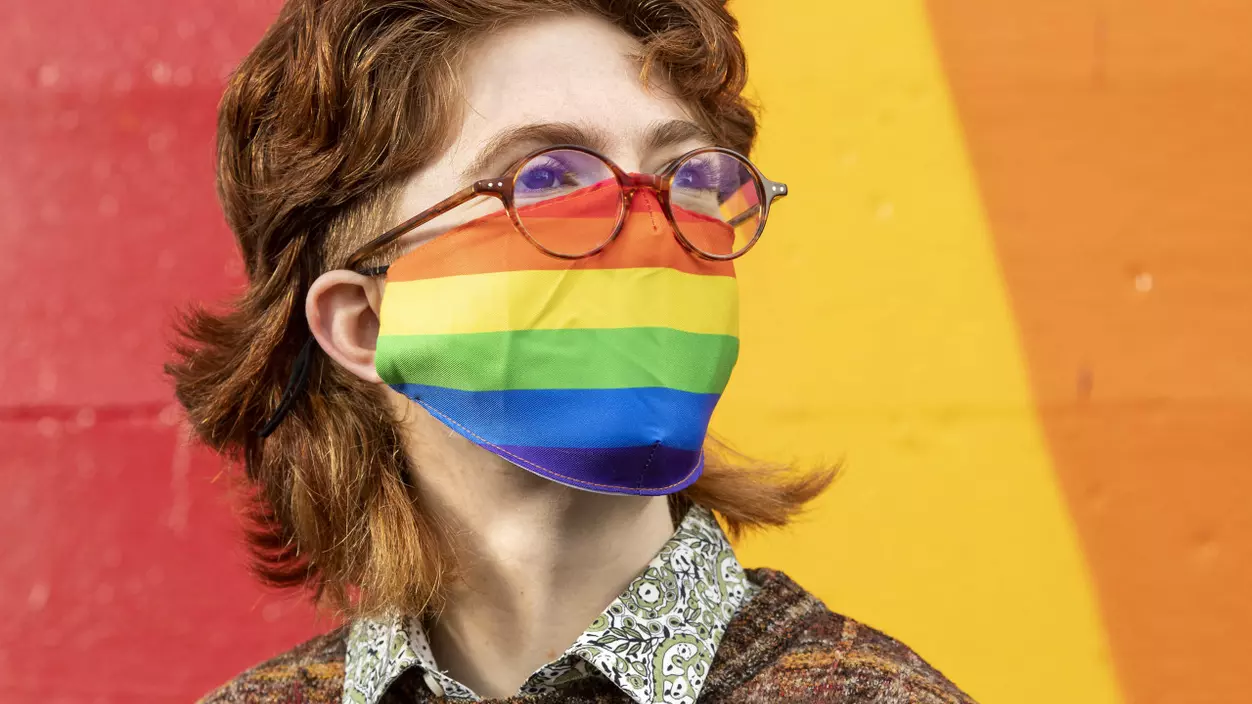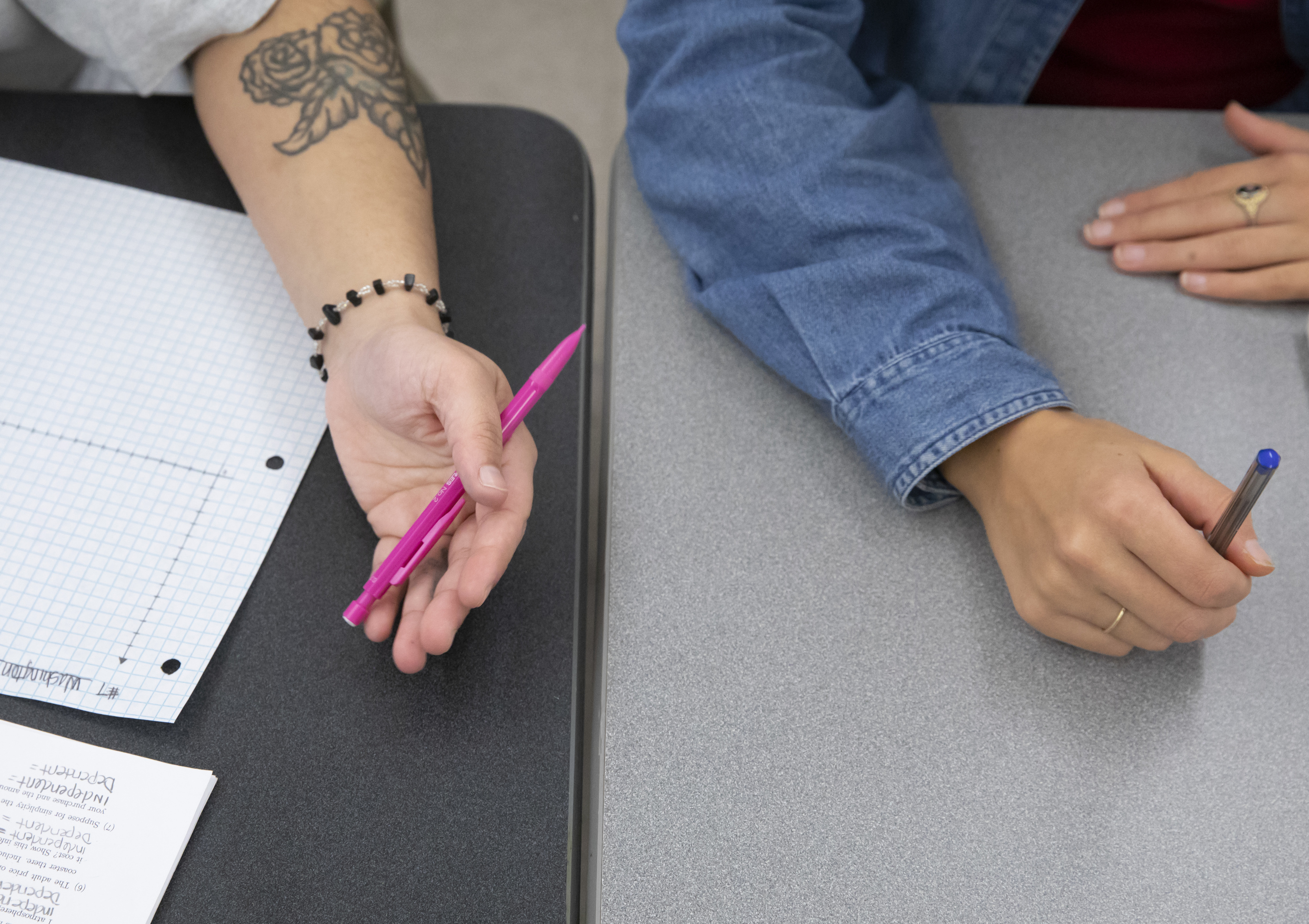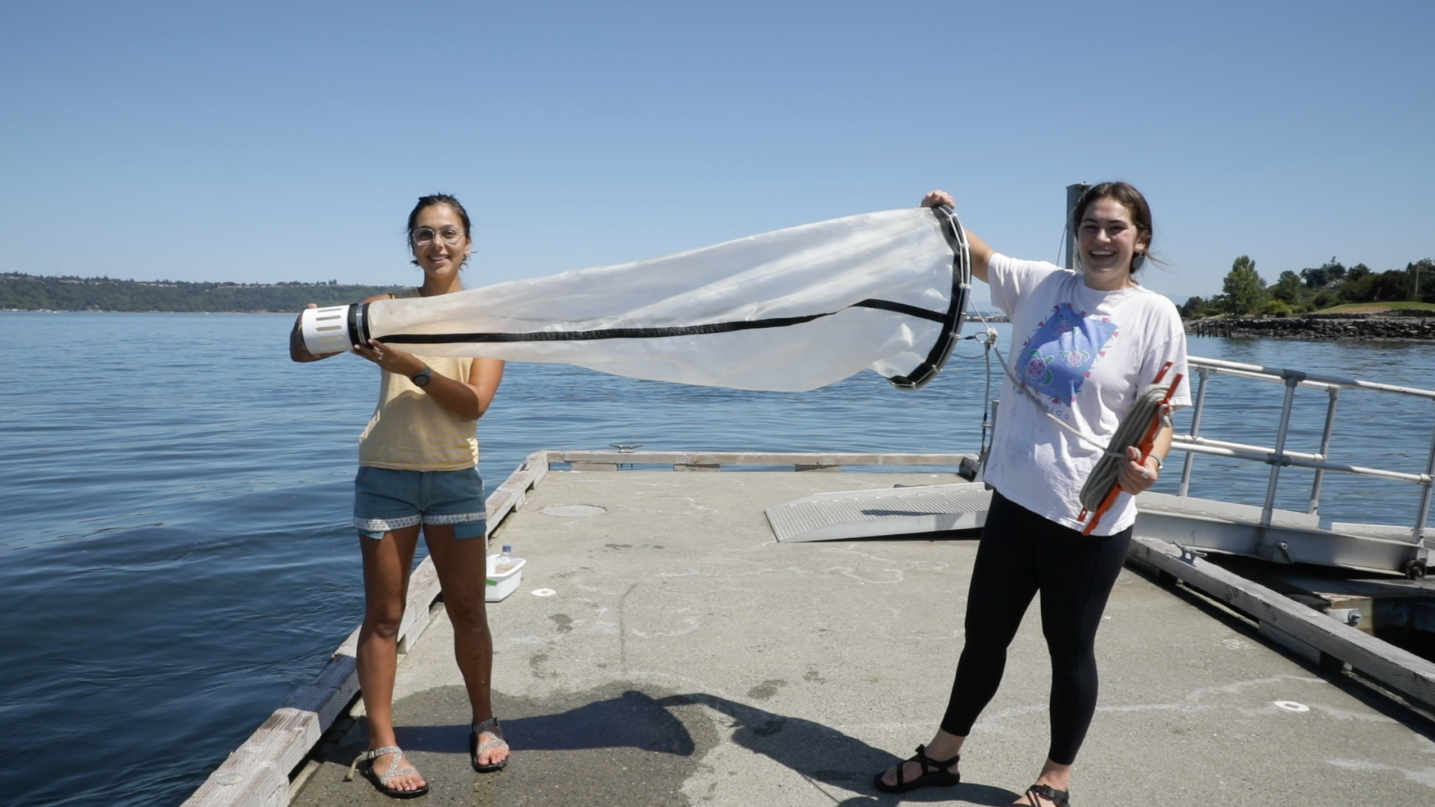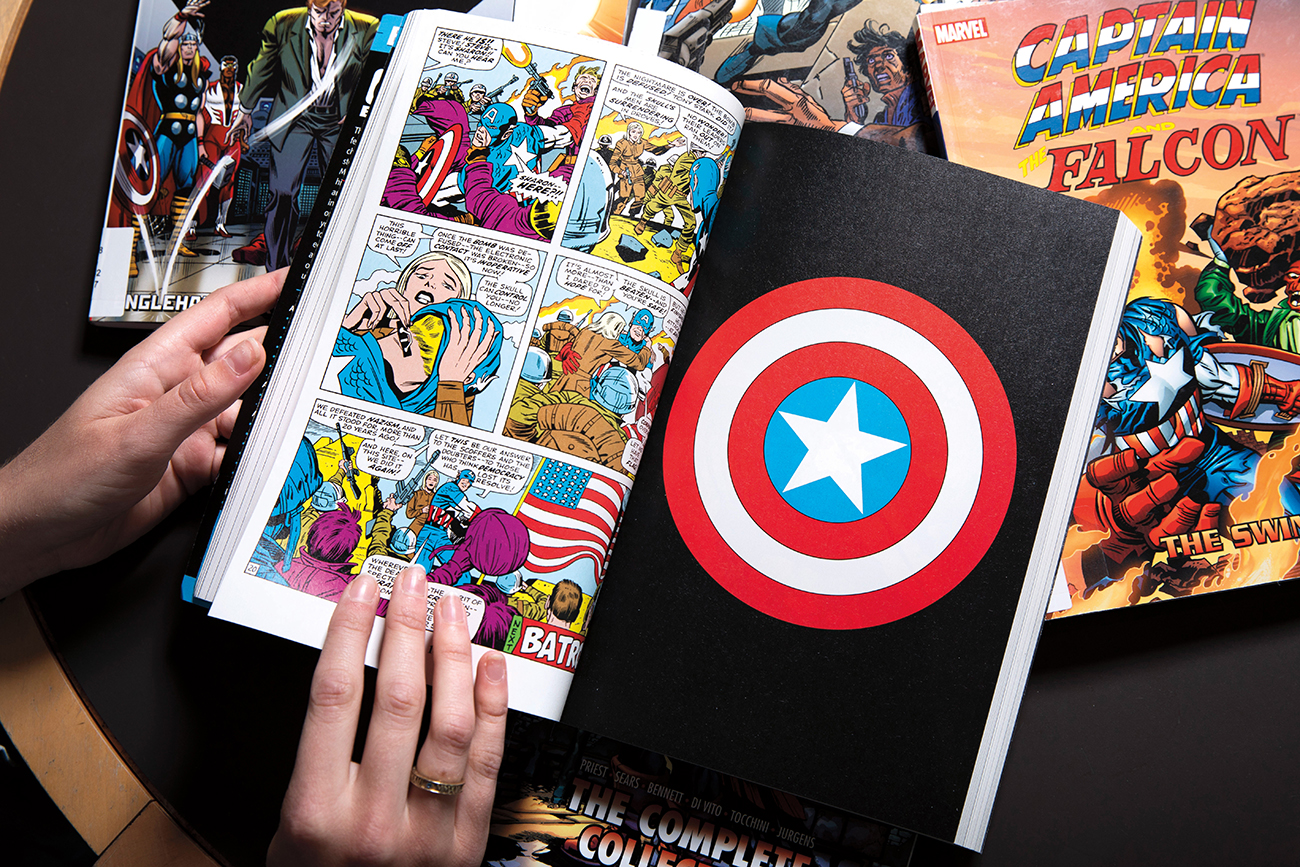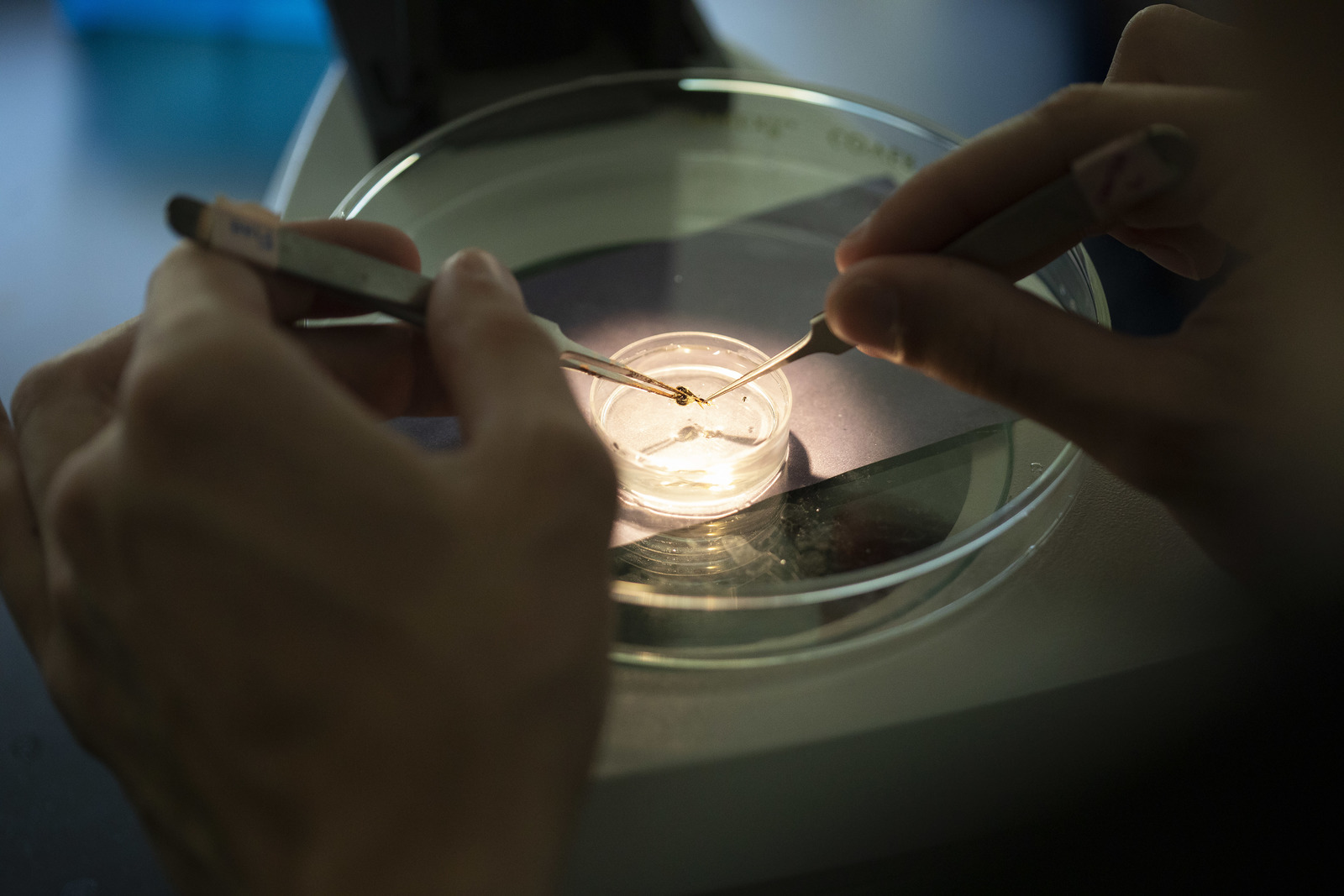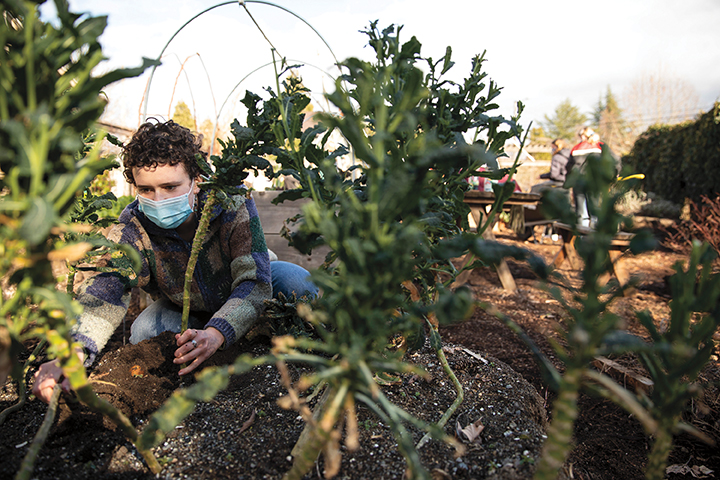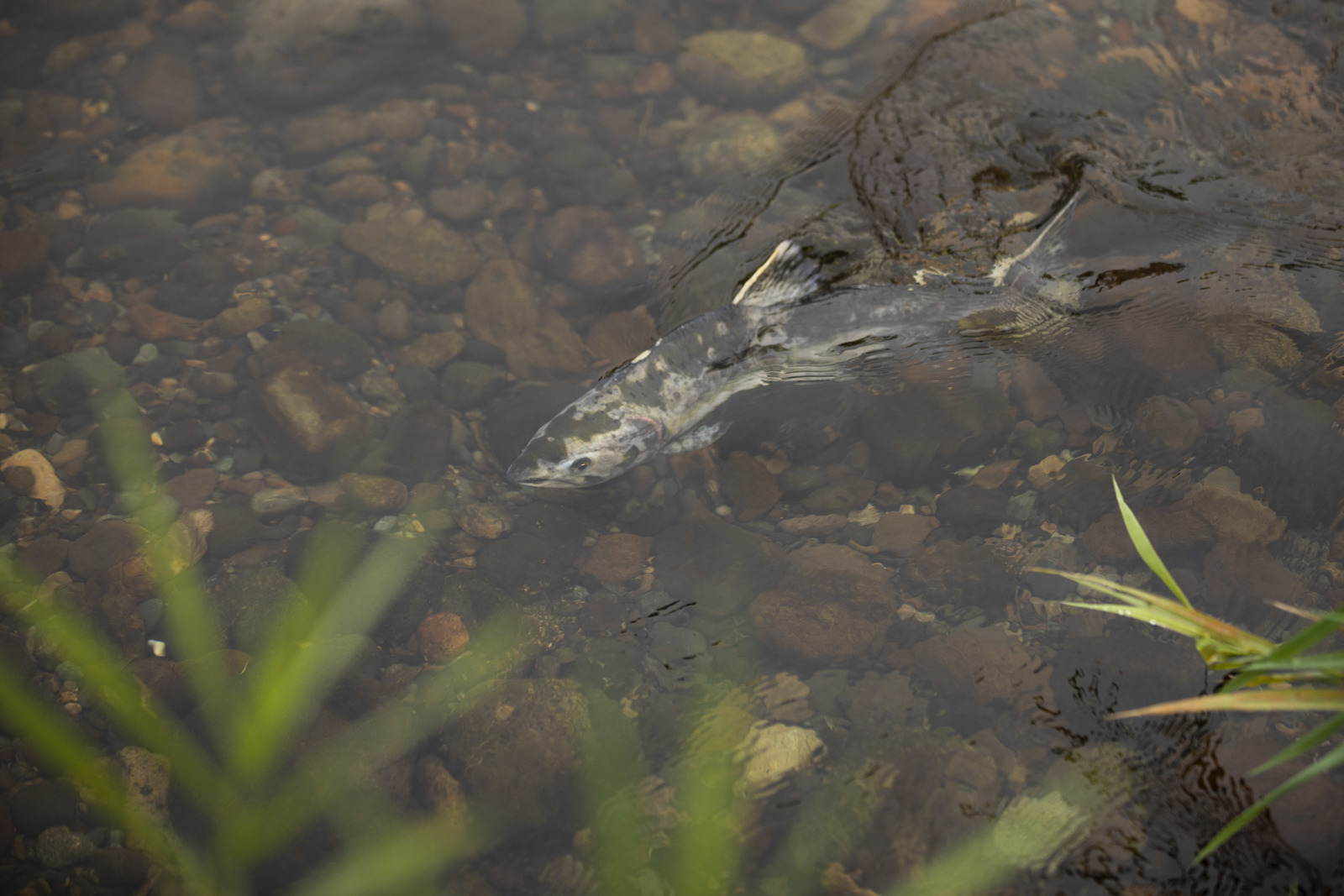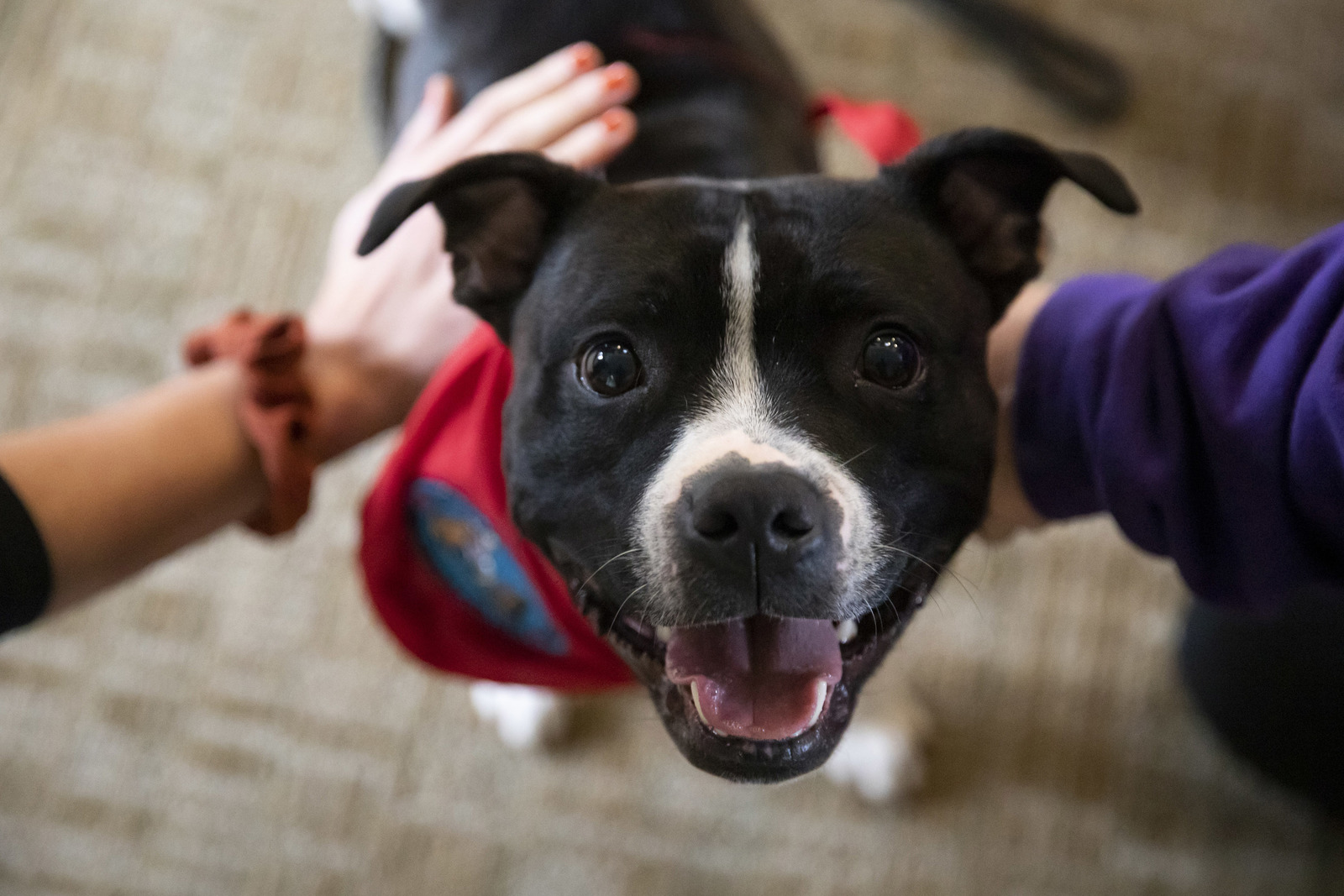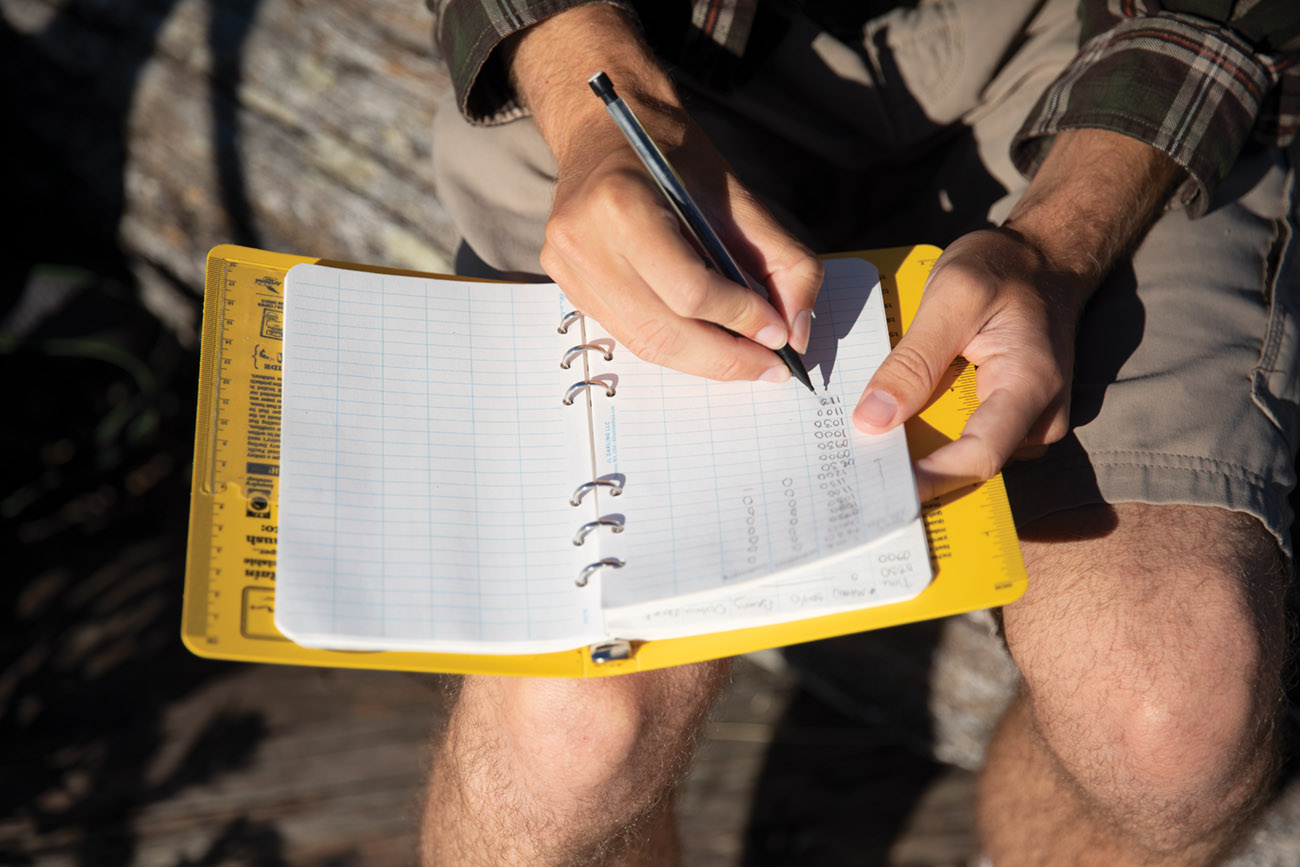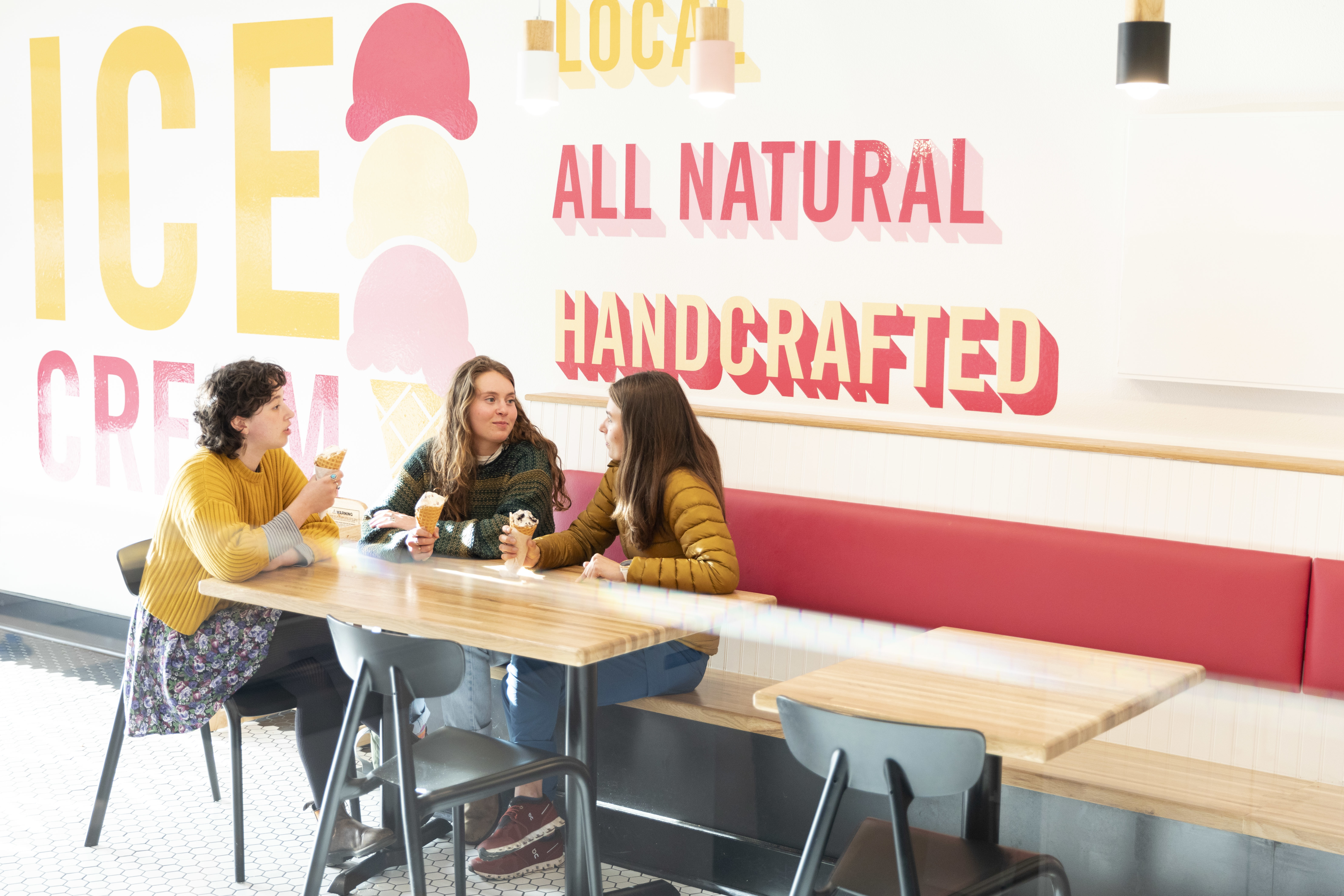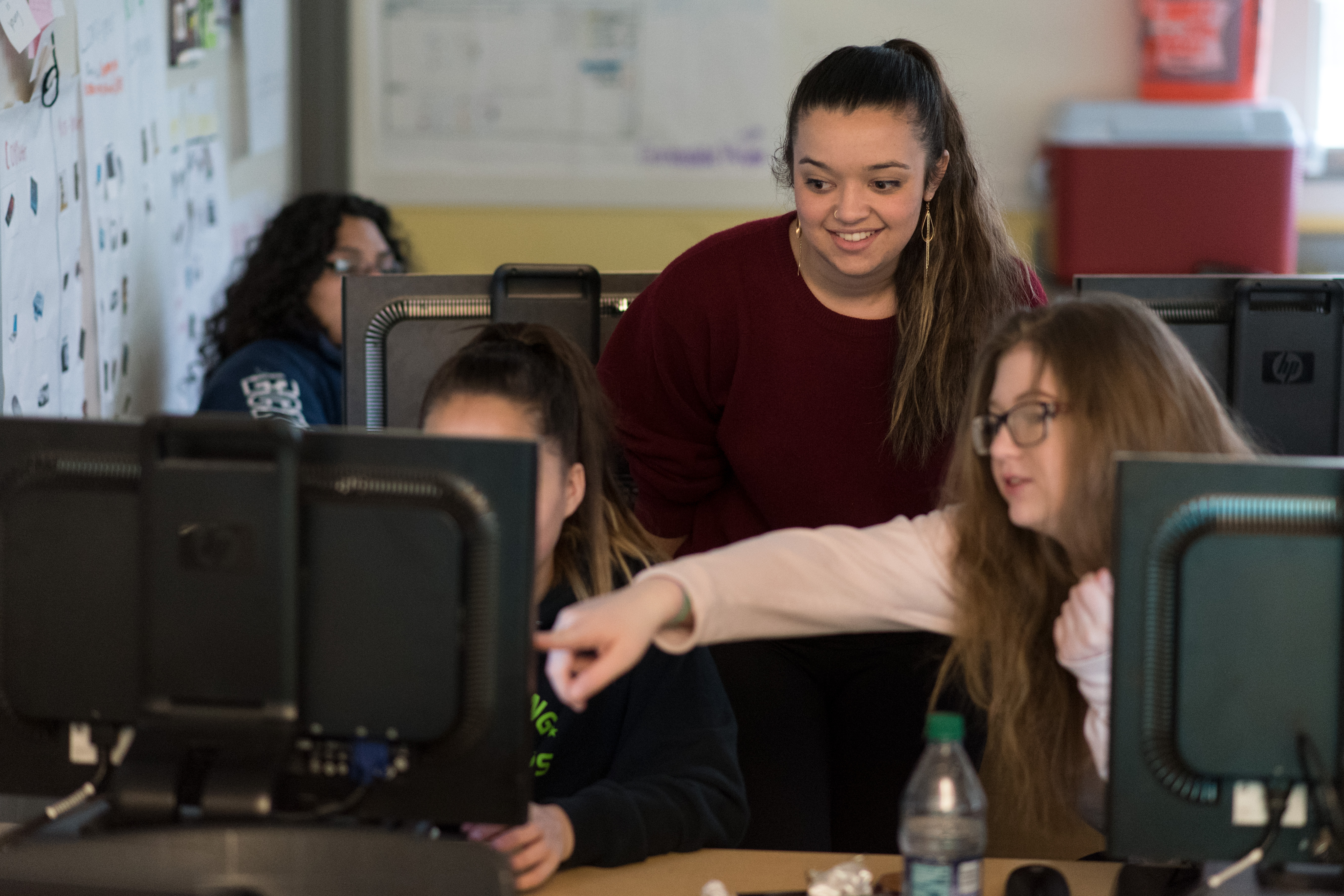Three students show their mettle in an online internship. (Spoiler alert: They also fight off a Zoombombing.)
Under ordinary circumstances, Dana Levy ’21 has a lot going on.
Levy is double majoring in English and gender and queer studies (GQS) with a minor in music. He’s also a violinist and active member of the Puget Sound LGBTQ community. (Levy identifies as transmasculine.)
Last summer, however, looked like it would be pretty quiet. The coronavirus had nixed any prospects for a summer job, and by early June, the California native was, he says, “sitting around, twiddling my thumbs.”
Kismet intervened in the form of an email from Heather White, visiting assistant professor of religious studies and gender and queer studies, announcing summer internship opportunities at the Washington State LGBTQ Commission. Established in 2019, the commission works to improve the relationship between the LGBTQ community and the state of Washington, identify the needs of community members, and ensure they have a means of advocating for LGBTQ equity in all aspects of state government.
“I basically responded in five minutes: ‘Please, Heather, I need to do this!’” says Levy.
Before long, Levy and two other interns—Miles Cox ’23 and Anna Mondschean ’21, both of whom are double majors in GQS and African American studies—were working with the commission: compiling research studies on LGBTQ issues, identifying resources across the state, assisting with virtual meetings, and transcribing and closed-captioning LGBTQ Pride video messages from state leaders.

